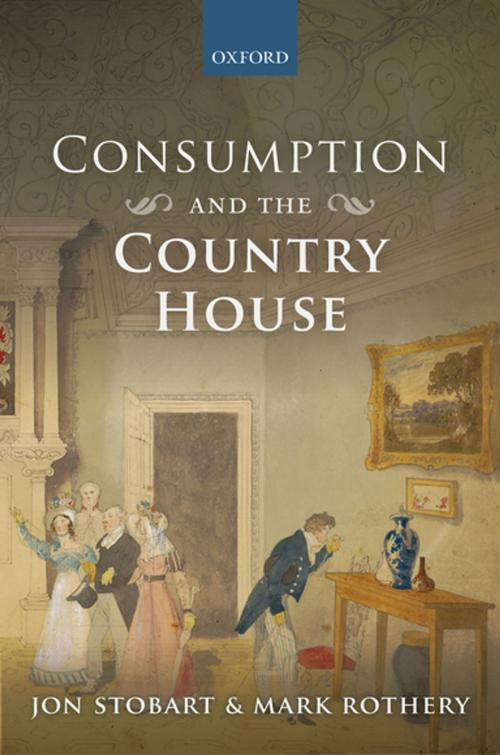| Author: | Jon Stobart, Mark Rothery | ISBN: | 9780191039706 |
| Publisher: | OUP Oxford | Publication: | June 2, 2016 |
| Imprint: | OUP Oxford | Language: | English |
| Author: | Jon Stobart, Mark Rothery |
| ISBN: | 9780191039706 |
| Publisher: | OUP Oxford |
| Publication: | June 2, 2016 |
| Imprint: | OUP Oxford |
| Language: | English |
This study explores the consumption practices of the landed aristocracy of Georgian England. Focussing on three families and drawing on detailed analysis of account books, receipted bills, household inventories, diaries and correspondence, Consumption and the Country House charts the spending patterns of this elite group during the so-called consumer revolution of the eighteenth century. Generally examined through the lens of middling families, homes and motivations, this book explores the ways in which the aristocracy were engaged in this wider transformation of English society. Analysis centres on the goods that the aristocracy purchased, both luxurious and mundane; the extent to which they pursued fashionable modes and goods; the role that family and friends played in shaping notions of taste; the influence of gender on taste and refinement; the geographical reach of provisioning and the networks that lay behind this consumer activity, and the way this all contributed to the construction of the country house. The country house thus emerges as much more than a repository of luxury and splendour; it lay at the heart of complex networks of exchange, sociability, demand, and supply. Exploring these processes and relationships serves to reanimate the country house, making it an active site of consumption rather than simply an expression of power and taste, and drawing it into the mainstream of consumption histories. At the same time, the landed aristocracy are shown to be rounded consumers, driven by values of thrift and restraint as much as extravagant desires, and valuing the old as well as the new, not least as markers of their pedigree and heritance.
This study explores the consumption practices of the landed aristocracy of Georgian England. Focussing on three families and drawing on detailed analysis of account books, receipted bills, household inventories, diaries and correspondence, Consumption and the Country House charts the spending patterns of this elite group during the so-called consumer revolution of the eighteenth century. Generally examined through the lens of middling families, homes and motivations, this book explores the ways in which the aristocracy were engaged in this wider transformation of English society. Analysis centres on the goods that the aristocracy purchased, both luxurious and mundane; the extent to which they pursued fashionable modes and goods; the role that family and friends played in shaping notions of taste; the influence of gender on taste and refinement; the geographical reach of provisioning and the networks that lay behind this consumer activity, and the way this all contributed to the construction of the country house. The country house thus emerges as much more than a repository of luxury and splendour; it lay at the heart of complex networks of exchange, sociability, demand, and supply. Exploring these processes and relationships serves to reanimate the country house, making it an active site of consumption rather than simply an expression of power and taste, and drawing it into the mainstream of consumption histories. At the same time, the landed aristocracy are shown to be rounded consumers, driven by values of thrift and restraint as much as extravagant desires, and valuing the old as well as the new, not least as markers of their pedigree and heritance.















